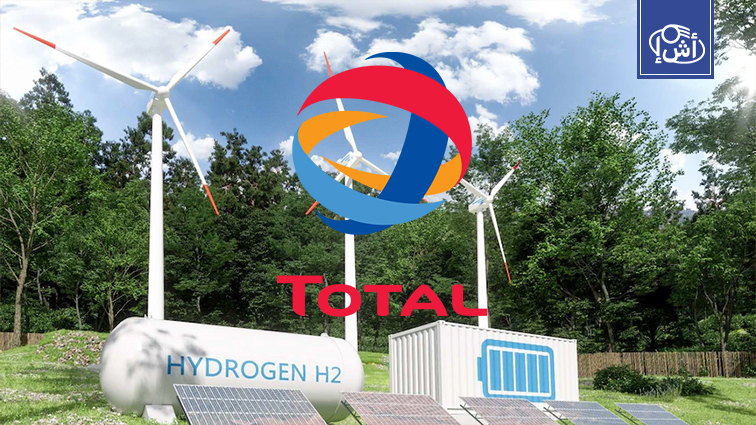The French energy company “Total Energies” and the Austrian utility company “Verbund” are considering producing green hydrogen in Tunisia, to export it via pipeline to Europe.
The project aims to produce 200,000 tons of green hydrogen annually during its first phase, taking advantage of the energy generated by large wind and solar farms on land, while using desalinated seawater in the production process.
The produced hydrogen will be exported via the “SoutH2 Corridor”, is a hydrogen pipeline project that connects North Africa to Europe, passing through Italy, Austria and Germany.
The project is expected to become operational by 2030, when more than 70% of the reused pipelines will be used.
European policymakers say hydrogen is key to reducing reliance on fossil fuels, especially in industries such as steelmaking, but the cost of large-scale production and transportation remains high compared to natural gas, hindering the final approval stage for many green hydrogen projects on the continent. .
David Corchia, CEO of “T.E.H2’, said: “Europe and part of Asia suffer from a structural shortage of low-carbon energy, and the challenge lies in achieving a balance between supply and demand in terms of price.”
Corchia stressed that Europe must support such investments to achieve energy security, as the first phase of the project will require billions of dollars in investments to build a hydrogen production station, renewable energy with a capacity of 3 gigawatts, and a pipeline linking southern and northern Tunisia, and the final investment decision may be taken during 2027 at the end of 2027. The closest estimate, according to him.
“T.E.H2” is also developing green hydrogen projects in countries such as Chile, Mauritania and Australia.
Niger is liberated from colonialism… Germany announces the end of military cooperation due to lack of trust
